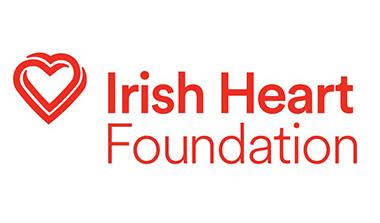Causes & Symptoms
Cholesterol is made in the body mainly by the liver. This is often called blood cholesterol. The body can produce all the cholesterol it needs and can usually maintain a healthy level of blood cholesterol.
However, sometimes the balance goes wrong and there is an increase in blood cholesterol. This may result from inherited problems or from eating too much saturated (animal) fat or too many foods from the top shelf of the Food Pyramid.
Some foods such as eggs, liver and shellfish contain cholesterol. However, the amount of cholesterol in these foods does not greatly affect the amount of cholesterol in your blood. You can eat foods that contain cholesterol in moderation as part of a healthy varied diet.
If you do not have a high blood cholesterol level, you can eat up to 7 eggs a week. However, if you have been diagnosed with a high cholesterol level you may be advised to eat less eggs depending on your diet.
High cholesterol does not usually cause symptoms. Instead, it causes the build-up of fatty material on the artery walls and symptoms (below) occur when the artery narrows or becomes blocked. The type of symptoms depends on where the blockage occurs and include:
- Angina
- Acute coronary syndrome
- Heart attack if the heart is affected
- Stroke or TIA if the brain is affected
- Leg pain and intermittent pain when walking if the peripheral arteries are affected.













































































